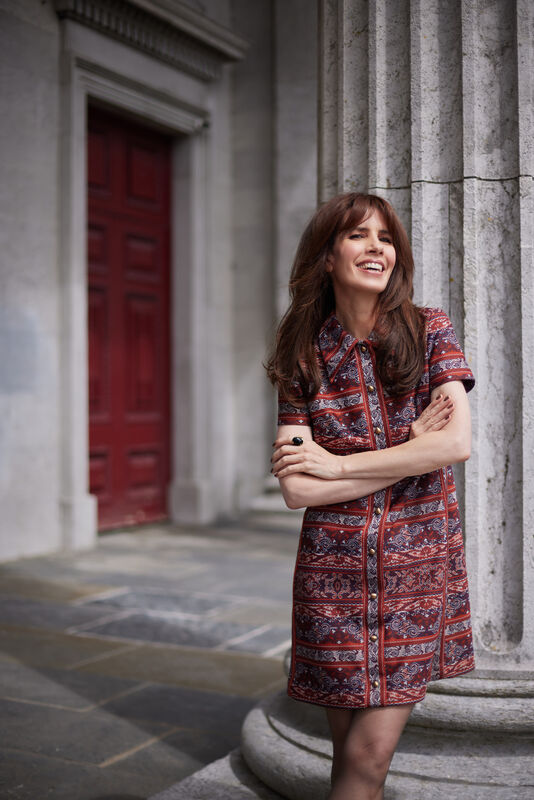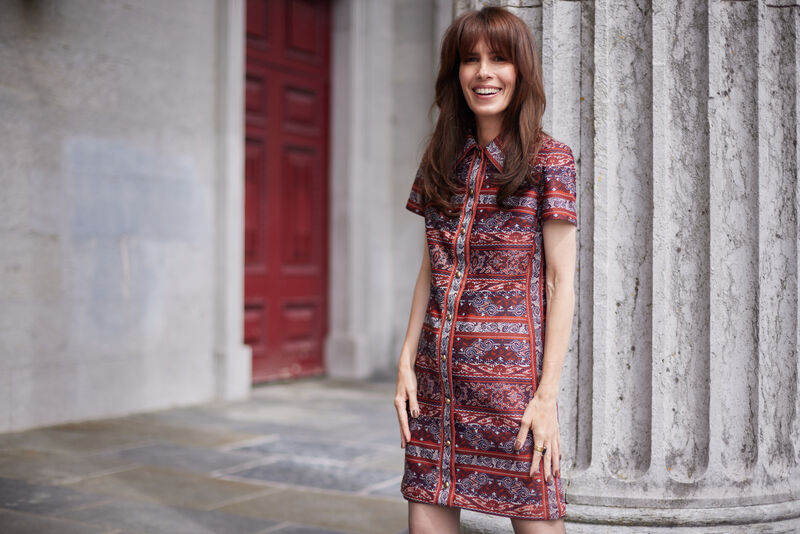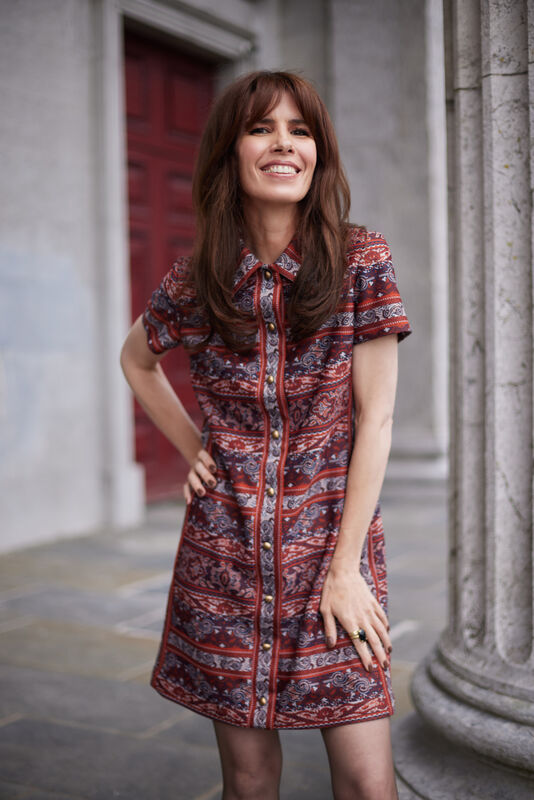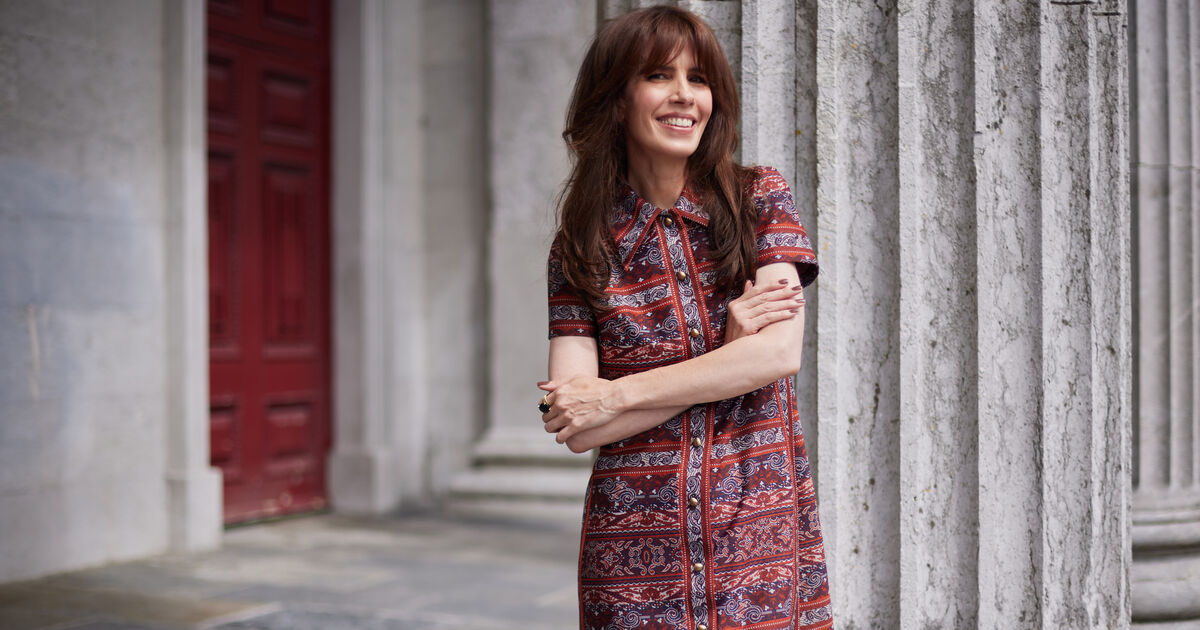Parkinson’s is like your college flatmate’s friend who, one day, takes up residence on your sofa. You don’t know much about him, except that he is fond of pharmaceuticals, keeps you awake at night playing video games, and has no intention of leaving.
You wonder how this freeloader suddenly became part of your life and berate yourself for not spotting the red flags sooner. After some necessary reflection and self-compassion, you now have a choice: either call out the bad behaviour or learn how to co-exist.
 Annmarie O’Connor: I’m among the 10% of the Parkinson’s population who’ve been diagnosed under the age of 50. Picture: Miki Barlok
Annmarie O’Connor: I’m among the 10% of the Parkinson’s population who’ve been diagnosed under the age of 50. Picture: Miki Barlok
 Annmarie O’Connor: I may not have all the answers, but I have lived the lessons. Picture: Miki Barlok
Annmarie O’Connor: I may not have all the answers, but I have lived the lessons. Picture: Miki Barlok
 Annmarie O’Connor: Choosing visibility and sharing my lived experience of Parkinson’s is how I reclaim my power. Picture: Miki Barlok
Annmarie O’Connor: Choosing visibility and sharing my lived experience of Parkinson’s is how I reclaim my power. Picture: Miki Barlok
 Annmarie O’Connor: I feared letting go of a life I worked so hard to create. Picture: Miki Barlok
Annmarie O’Connor: I feared letting go of a life I worked so hard to create. Picture: Miki Barlok

Twitch: My life with Parkinson’s, published by Eriu, is out Thursday, September 11

